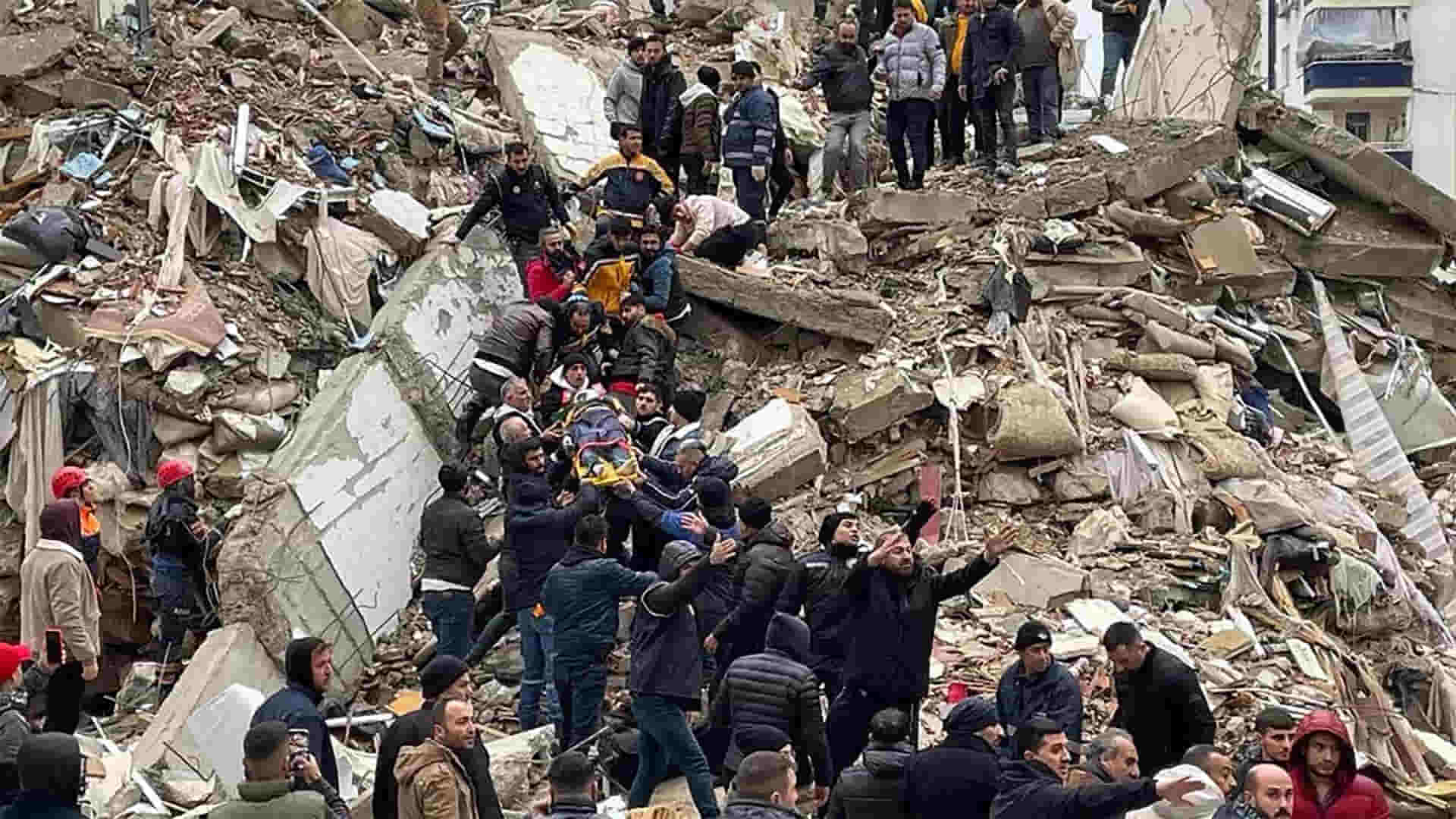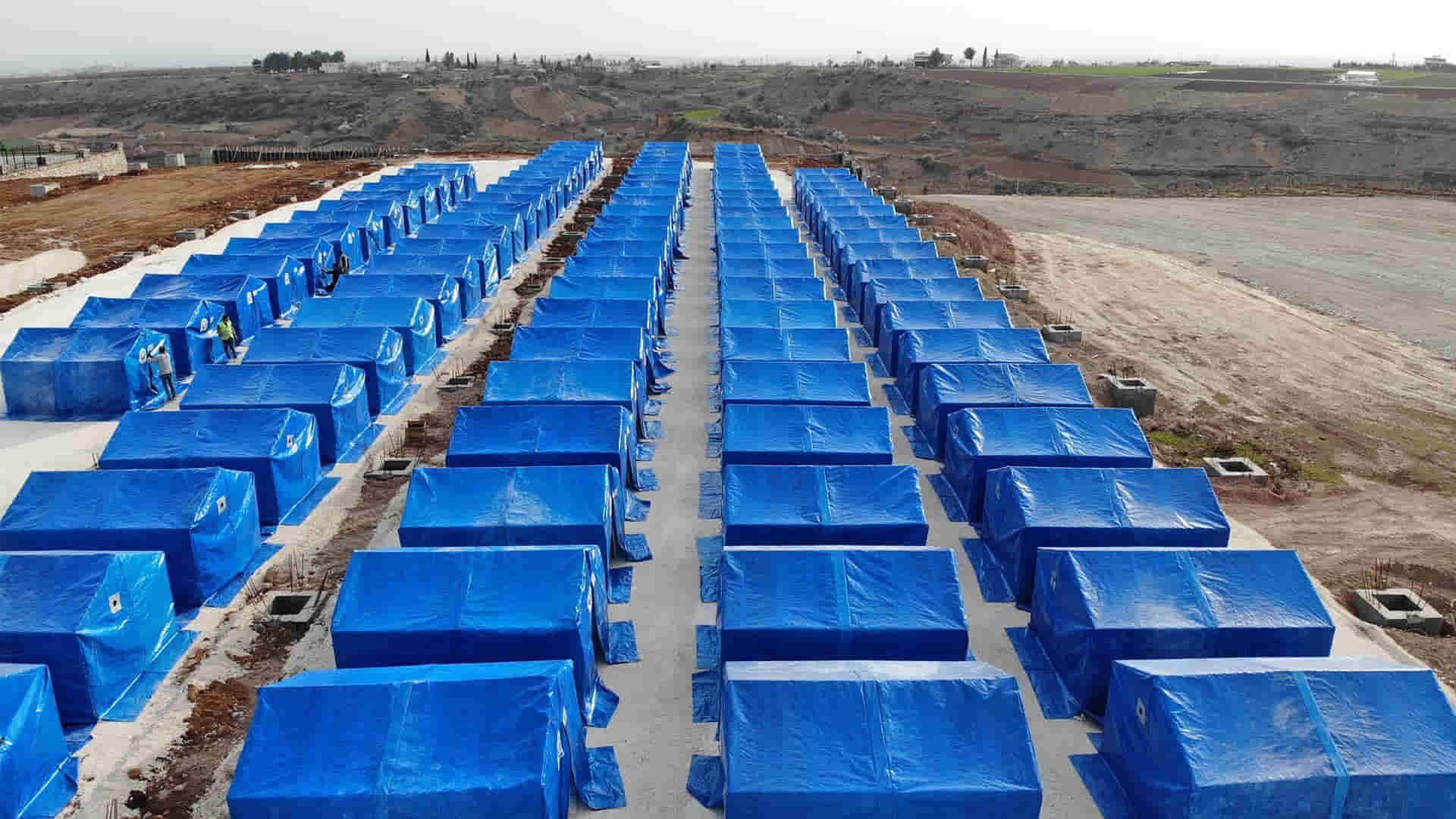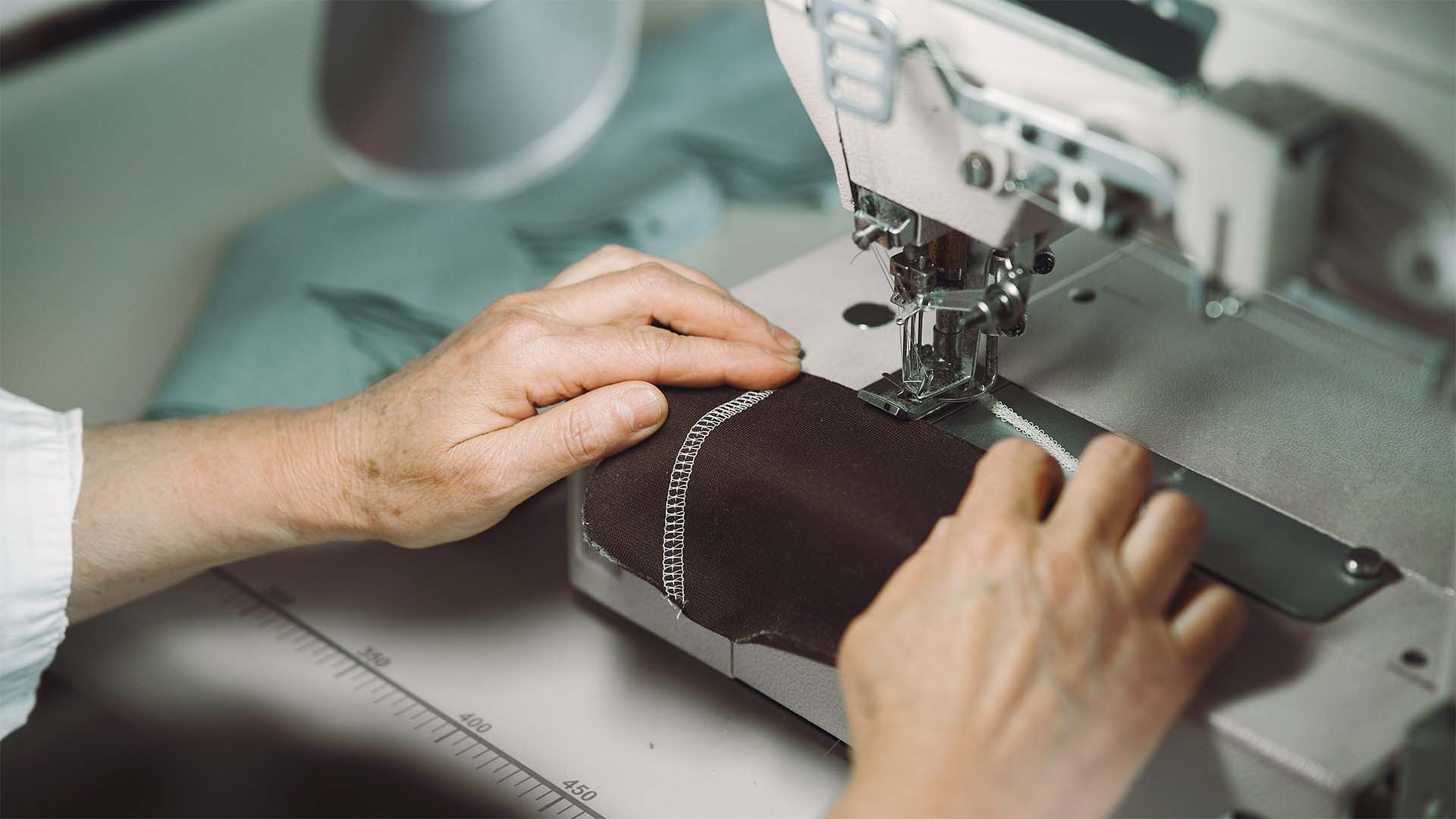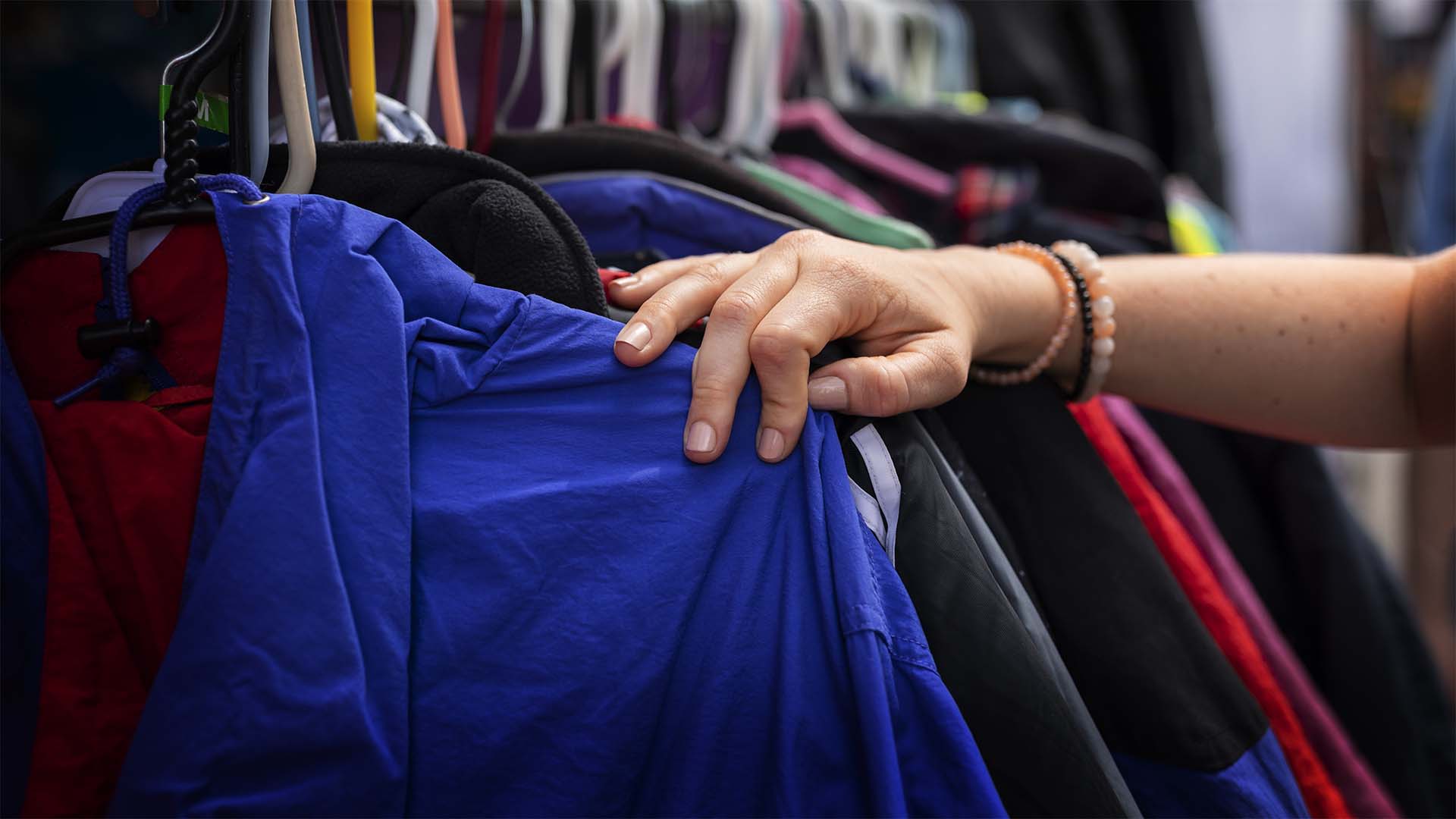Domestic and international aid and support continue for the recovery of the Turkish apparel and textile sector in the earthquake zone. In the meeting held online between the Turkish Clothing Manufacturers’ Association (TGSD) and the Turkish representatives of international buyers’ groups, which account for 70-80 percent of Türkiye’s exports, it was stated that purchases will continue and negotiations for further support will continue.
TGSD President Ramazan Kaya, informing the EKONOMİ Newspaper about the issue, said that the meeting was attended by Inditex, which includes important brands from Zara to Pull & Bear, Massimo Dutti to Bershka, as well as representatives of 23 buyers’ groups from the USA and EU such as H&M, Puma and Superdry. Kaya stated that the procurement offices conveyed their support in terms of providing business and said: “There is no cancellation or relocation of purchases to other regions. “We do not have a negative perception about Türkiye, we will continue to buy,” they said. They said they would transfer to their headquarters to further support Türkiye.”

About one-third of workers in Turkish apparel and textile industries were affected by the earthquake
According to the news on the website of Istanbul Apparel Exporters’ Association (IHKIB), International Apparel Federation (IAF) President and Turkish Clothing Manufacturers’ Association (TGSD) Vice President Cem Altan touched upon the impact of earthquakes on the apparel industry and said that they are waiting for donations for a place where apparel workers can live and work. Stating that 11 provinces with 1616 apparel and 1290 textile companies were affected by the earthquake, Altan noted that approximately one third of the workers in the textile and apparel sectors (between 20 per cent and 35 per cent) are employed in this region and 150,000 people work in apparel and 200,000 people work in textiles.
Altan said that TGSD supported the region with aid containers and expressed that they wanted to reduce the social effects of the earthquake by creating a new working environment. He disclosed: “The main goal of the aid is to provide employment in the region and to start production at full capacity again. I believe that people having a house to live in and a job to work will help normalise the region and that these difficult times will be overcome by local and international partners working together.”

45% of the total production capacity is located in the earthquake zone
Altan stated that there are 36 different industrial zones in the 10 provinces affected by the earthquake, including textile and apparel as well as steel, cement and agriculture sectors. He continued: “The region’s apparel exports amounted to 565 million dollars in 2022, accounting for 2.6% of Türkiye’s total apparel exports. Furthermore, textile exports in the region are valued at 3.4 billion dollars and account for 30% of total textile exports. In addition, 45 percent of the total production capacity is located in this region.”Altan added that the infrastructure systems in industrial zones are mostly in good condition and noted that the destructive effects of the earthquake are at a lower scale in production facilities compared to residences.
Short-term production interruptions are inevitable
While short-term production interruptions seem inevitable for the Turkish apparel sector after the earthquakes, Cem Altan emphasised that all beneficiaries should work together to make the factories in the region operational again. Altan stated that some provinces and districts have started to be supplied with water, electricity and natural gas, and that flights are now operational, and that the Turkish textile and apparel sectors will utilise their excess production capacities in the short term, for example, the yarn and fabric production capacity has increased by 25% with the investments made last year, so the lost capacities are urgently being transferred to other big cities such as Bursa, Istanbul, Tekirdağ and Denizli.
İHKİB also launched a survey to determine the effects of the disaster on the sectors in provinces that have strategic importance for the apparel, textile, leather goods, footwear and carpet sectors. The results of the survey, which will continue until March 15, will be used for the support and assistance to be provided to the companies.

Global clothing brands support Türkiye
Inditex, the parent company of Zara, Pull & Bear, Massimo Dutti, Bershka, Stradivarius, Oysho and Zara Home, donated three million euros to the Red Crescent to support the humanitarian emergency caused by the earthquakes in Türkiye and Syria. In addition to economic aid, Inditex, with the support of its local suppliers, provided 500,000 outerwear items to the Red Crescent and the Disaster and Emergency Management Presidency (AFAD) immediately after the earthquake. The first batches of these have started to be sent for distribution to the people affected by the earthquake. On the other hand, the Emergency Unit of Médecins Sans Frontières, which is continuously funded by Inditex, has mobilised to use its resources to identify medical needs arising from the disaster and to assist the earthquake victims.
Working in close cooperation with local teams to analyse the urgent needs immediately after the earthquake, H&M Group primarily donated winter clothes to the earthquake victims and also donated 100.000 USD to AFAD for the humanitarian needs in the earthquake-affected region. In addition, the non-profit H&M Foundation is donating $500,000 to relief efforts in the region, including $250,000 each to the Red Cross/Red Crescent and Save the Children.
